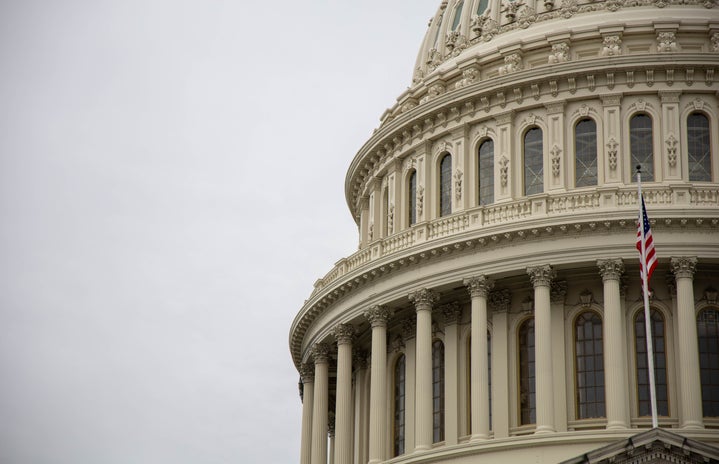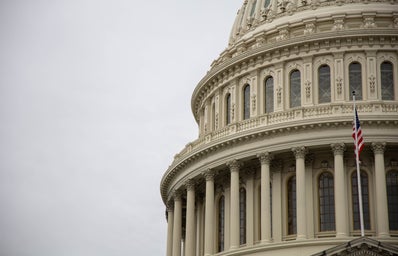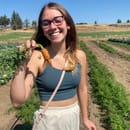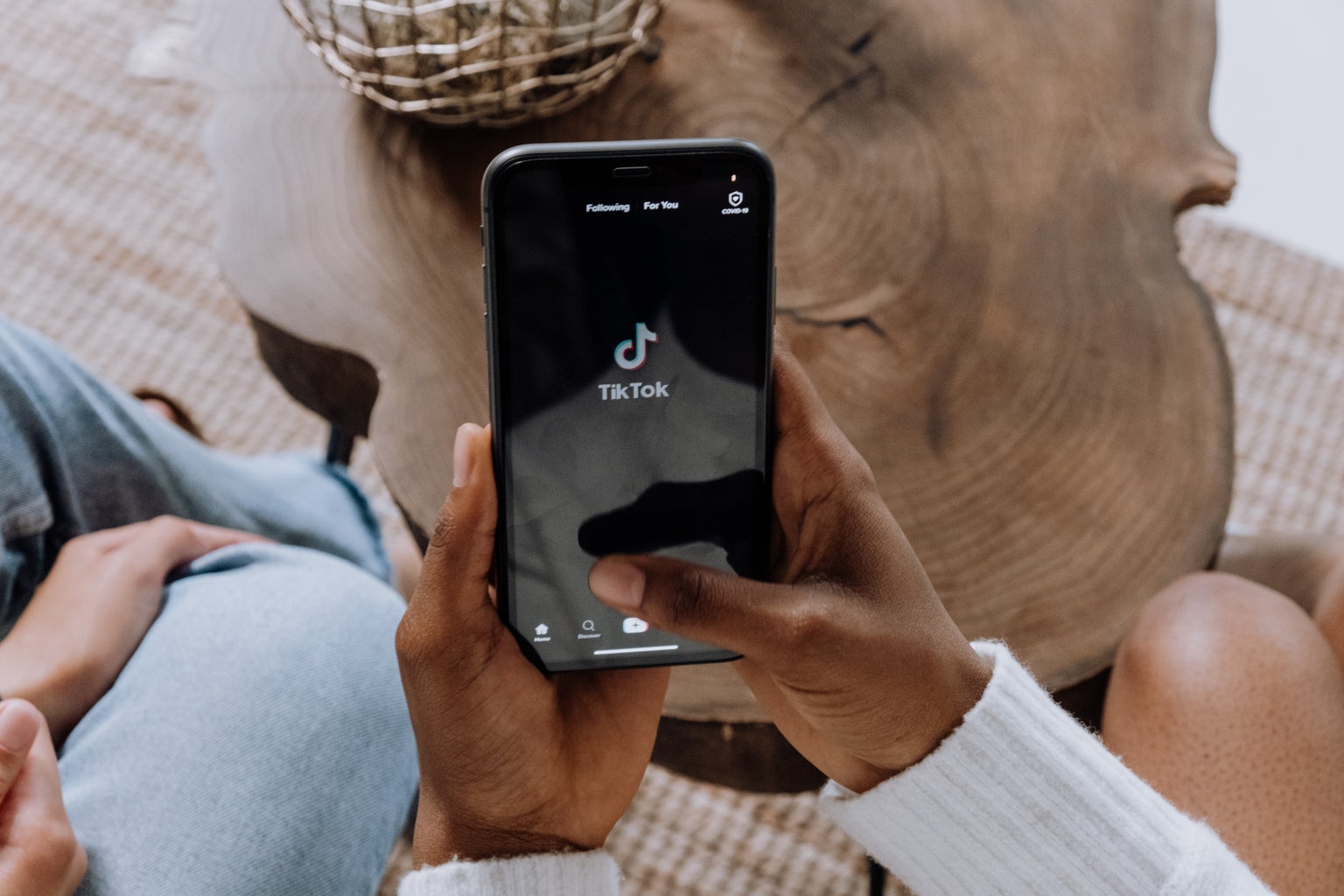On April 5, the CalACLU hosted a virtual event to commemorate the 45th anniversary of the 504 Sit-In, a historical moment in disability rights activism. The sit-in began on April 5, 1977, and lasted 26 days, with activists occupying the San Francisco federal building and demanding that the government issue the regulations associated with Section 504 of the Rehabilitation Act. These regulations would provide individuals with disabilities with protection from discrimination.
The event began with a brief overview of the sit-in by Ken Stein, a 504 demonstrator, disability rights activist, writer, and photographer. He described the importance of Section 504 in the history of disability rights.
This text, along with the Americans with Disabilities Act, had worldwide influence, providing the foundation for the United Nations’ work on the subject of disability.
Following Stein’s presentation, the ACLU hosted a panel discussion with Stein, the directors of the ASUC Disabled Students’ Commission, and an attorney from the organization Disability Rights Advocates. Participants answered questions on current disability advocacy, both at UC Berkeley and within the larger community, ableism, and how people without disabilities can be better allies.
One of the most illuminating parts of the panel was Stein’s discussion of the impact of COVID-19 on people with disabilities. He pointed out that in most research about the pandemic and its toll on national health, people with disabilities are not counted as a category of analysis, leaving us with little information about the impact on the community.
Another panelist, Emily Seelenfreund of the Disability Rights Advocates, mentioned another issue facing people with disabilities- the lack of accessibility to technology. Seelenfreund stated that although technology can help many people, it also leaves people behind.
On platforms like Instagram, posts on activism and social justice are often posted without alt-text, leaving out the people who rely on this feature for access to information.
Following the panel, attendees were given the opportunity to join breakout rooms and discuss the topics with each other and with the speakers. This was a valuable opportunity for UC Berkeley students to reflect on their experiences with accessibility and ableism on campus.
Personally, I left the event feeling like I had the tools to be a better advocate and ally for people with disabilities. Each of the speakers brought up topics I hadn’t spent much time thinking about in the past, and this fresh perspective on issues of health, diversity, and accessibility gave me a better sense of what needs to be addressed moving forward.
If you are looking to get involved with disability rights, I would recommend reaching out to local organizations. If you are a college student, there are likely student-run organizations at your school hosting events that you can attend, whether you want to learn more about disability advocacy or the resources available to you as a student.
Most importantly, listen and learn from the experiences of those around you, and make accessibility a priority in your personal and professional life.



